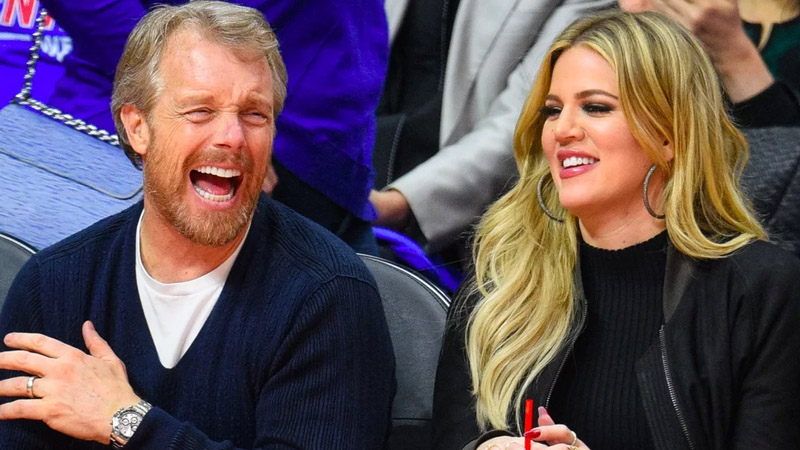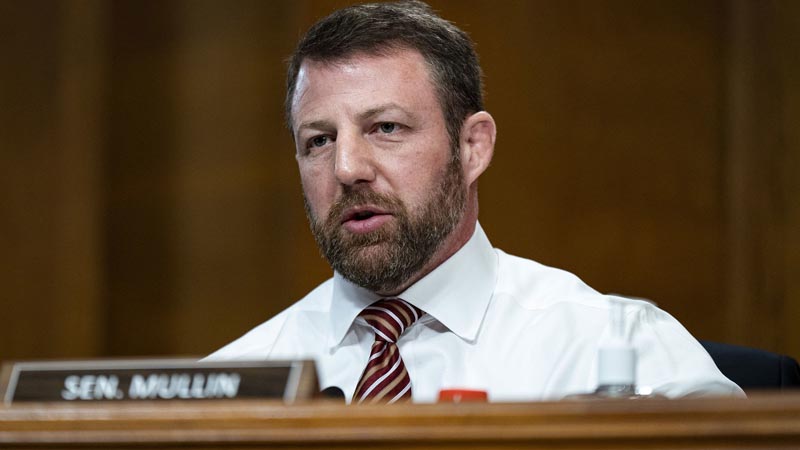Khloé Kardashian’s Trainer, Gunnar Peterson Reveals Daughter’s Battle with Leukemia

Getty | Noel Vasquez
Gunnar Peterson, the esteemed personal trainer best known for his work with high-profile clients like Jennifer Lopez and Kate Beckinsale, has recently opened up about a profoundly personal and challenging experience. Through a heartfelt post on Instagram, he shared the devastating news of his four-year-old daughter, Monroe Vivian Peterson, being diagnosed with AML leukemia, a type of cancer that affects the blood and bone marrow.
Peterson, who has gained a reputation not only for his celebrity clientele but also for his expertise and dedication in the fitness industry, took to social media to share the harrowing journey that his family has been navigating. With a following of over 425,000 people, his platform served as a means to raise awareness and seek support during this trying time. Despite the distressing situation, he expressed confidence in Monroe’s resilience, describing her as a “Warrior Princess” determined to overcome the obstacles, told E! Online.
The diagnosis came after a series of concerning symptoms that Monroe began exhibiting, including a persistent cough, intermittent fevers, and unexplained bruising on her legs. These alarming signs prompted the family to seek medical attention, leading to Monroe’s hospitalization. The diagnosis was a turning point, necessitating immediate and aggressive treatment, including chemotherapy and a bone marrow biopsy, to combat the leukemia.
This news has understandably struck a chord with Peterson’s followers and the wider community, shedding light on the personal battles that individuals and families face, often behind the public eye. The outpouring of support has been significant, with many rallying around the Peterson family during this critical time.
Among the many messages of support was a particularly touching comment from Khloe Kardashian, one of Peterson’s most notable clients. Kardashian extended her deepest sympathies and words of encouragement to Monroe and the Peterson family. She emphasized Monroe’s strength, likening it to that of her parents, and offered her unwavering support and prayers.
The shared experience has brought to light the profound impact of such diagnoses on families, irrespective of their public status or professional achievements. It underscores the universal challenges and vulnerabilities that people face, highlighting the importance of community support and empathy in times of adversity.
As Monroe embarks on this tough journey toward recovery, the story of her diagnosis and the subsequent rallying of support serves as a poignant reminder of the resilience of the human spirit, the strength of family bonds, and the profound impact of community solidarity in the face of life’s most daunting challenges.


